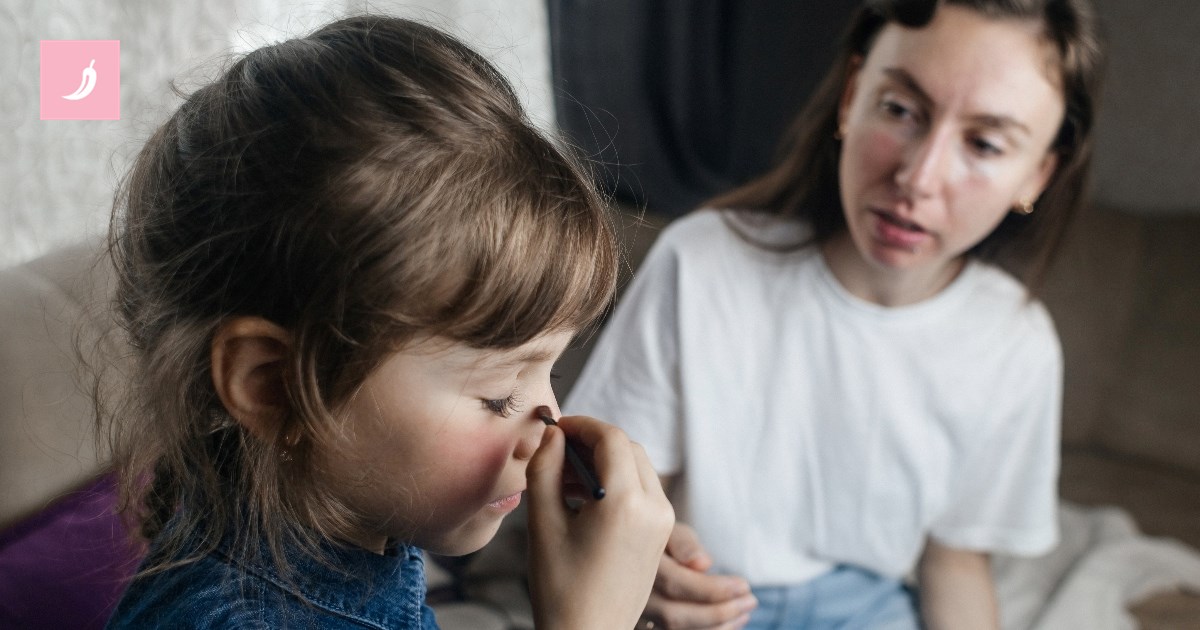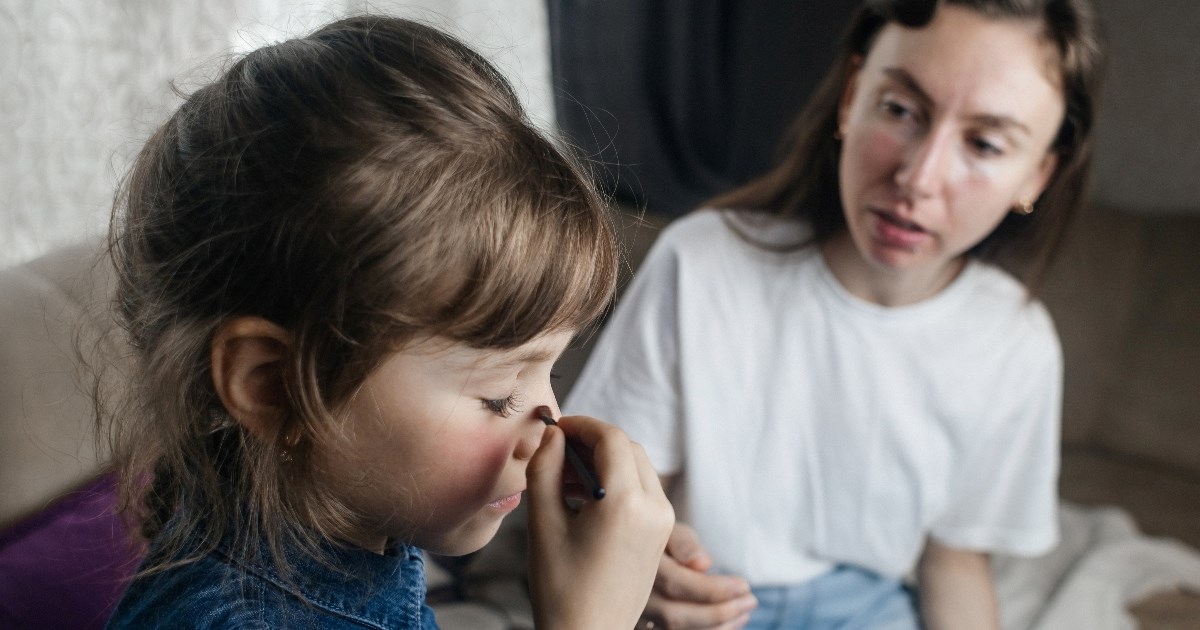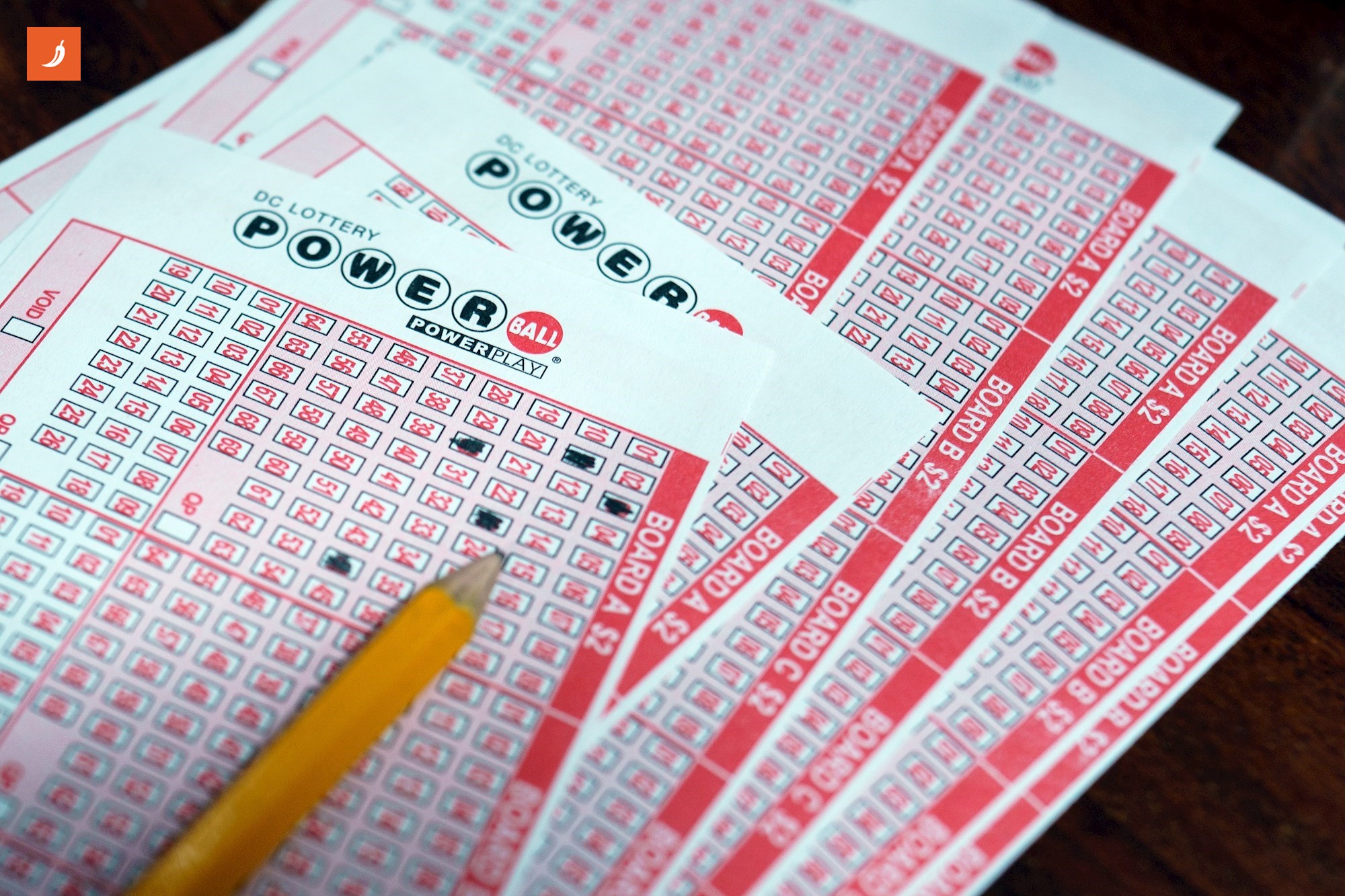In today’s world where empathy and emotional availability are prized, more and more parents are opting for permissive parenting. But is this really the secret to raising confident kids or just a recipe for disaster? Permissive parenting, known in psychology as permissive parenting, is marked by high warmth and support but low control and avoidance of setting firm boundaries. Psychologists like Diana Baumrind have warned since the 1960s that this style can produce children who are emotionally expressive and confident, but also prone to self-regulation problems, impulsivity, and disrespect for authority.
Research shows kids from permissive homes may have stronger emotional bonds with parents and better emotional expression, but also face higher risks of risky behavior, poor academic performance, and issues like sleep and eating disorders. A StatPearls analysis links this style to increased use of psychoactive substances and antisocial behavior.
The best outcomes come from authoritative parenting, which blends warmth with clear boundaries. Kids raised this way develop emotional resilience, academic success, and inner discipline. Clear rules and consistency aren’t barriers to love—they’re its foundation. Parents need to be leaders, not just friends, because kids without boundaries can become insecure and unprepared for the real world.
So next time you think permissiveness equals love, remember kids need both love and structure. Don’t choose one over the other—choose both. And hey, if you think differently, share your take! Maybe you’ve cracked the code to perfect parenting.









































